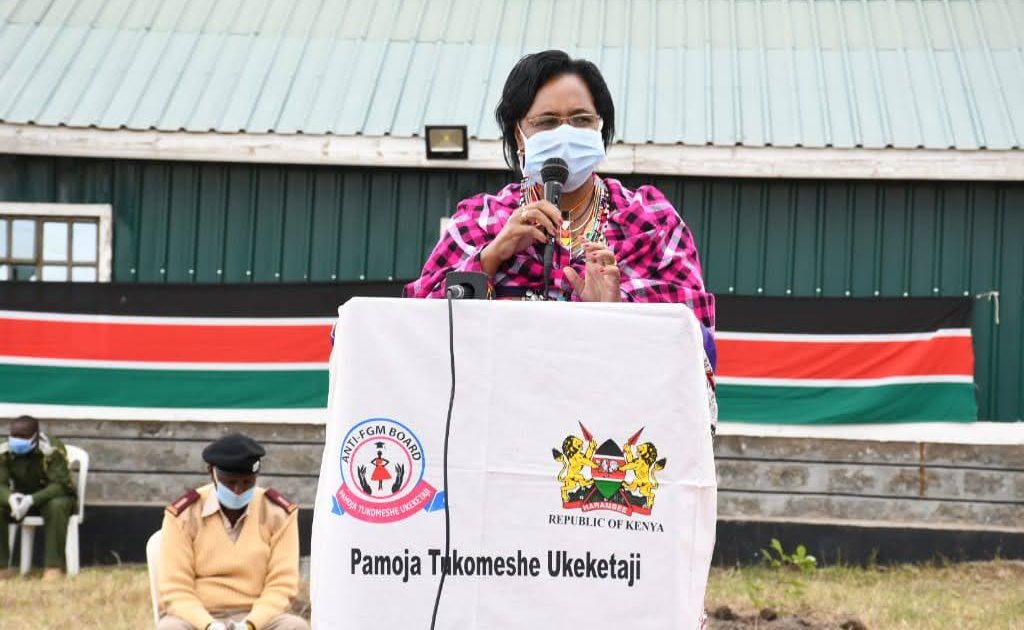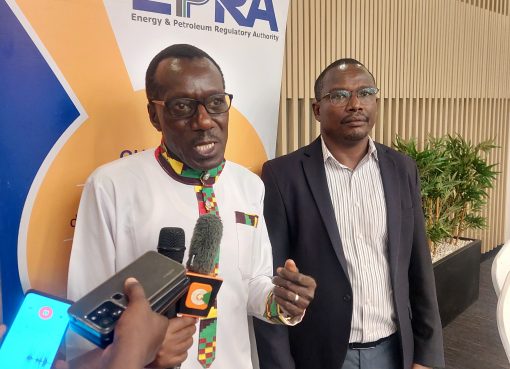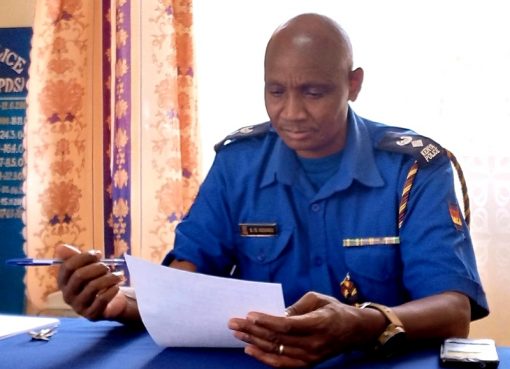
Gender-based violence cases in Kenya have been on the increase since the dawn to dusk curfew was imposed in the country in March as part of the Covid-19 containment measures.
The Cabinet Secretary Public Service and Gender (CS), Prof. Margaret Kobia noted that the stringent measures including the stay at home calls effected to fight Coronavirus puts vulnerable groups including women, girls and children at risk of domestic violence.
The CS said women faced increased risk of physical abuse from their partners, children were at more risk of defilement and child labour with girls facing an increased risk to defilement, Female Genital Mutilation (FGM) and forced early marriages.
Kobia, who was speaking in Inkinye, Kajiado Central Constituency on Tuesday during celebrations to mark the Day of the African Child added that the pandemic had resulted in loss of jobs and stress levels had gone up resulting in an increase in violence at homes.
“The Coronavirus pandemic has resulted in an increase in Gender-Based Violence case with women, girls and children being the most affected. With schools closed FGM cases and early marriages are on the rise as the girls have been left at the mercy of the community,” said the CS.
She called on parents and the community to create a safe environment for children and urged them to speak up when children are abused so that legal redress is sought and justice is served.
The CS said this year’s theme:” Access to a child-friendly justice system in Africa” was timely as establishment of child friendly courts and legal processes is key to protection against violence.
She revealed that the government had put in place interventions aimed at accelerating protection and empowerment and equal opportunity for children.
The Children’s Act 2001 entrusts various bodies with the responsibility of securing children’s rights, provision of welfare and correctional services.
“The government has put in place measures to ensure that the justice system is friendly and accessible to children. We have children’s courts and we are working to ensure that the courts are friendly to the children so that they can get justice” said the CS.
The national Gender-Based Violence helpline 1195, registered an increase in GBV cases from 86 in the month of February to 116 in March. 461 cases were reported in April with the number rising to 753 cases in the month of May.
National prevalence rate on FGM, the CS said, stood at 21per cent in 2014 compared to 27 per cent in 2008/9; and 32 per cent in 2003.
“Despite the steady decline nationally, FGM prevalence remains high amongst some communities such as Somali 94 per cent, Samburu 86 per cent, Kisii 84 per cent and Maasai at 78 per cent,” she said.
The Professor said the rate of Female Genital Mutilation in Kajiado Central Sub-County is at 51 per cent according to statistics by UNICEF (2017).
On child marriage, Kobia said three per cent of Kenyan girls are married off before their 18th birthday and four per cent are married before the age of 15 years.
“Sadly, Kenya has the 20th highest absolute number of child brides in the world at 527,000 per year. The rate of Child Marriage in Kajiado Central Sub County stands at 28 per cent,” she said.
Other leaders who attended the event included Kajiado Governor, Joseph Lenku, his deputy Martin Moshisho, Environment CS, Keriako Tobiko, legislators Elijah Memusi (Kajaido Central) Peris Tobiko (Kajiado East), Joseph Manje (Kajiado North), Maendeleo ya Wanawake chair, Rahab Muiu, CAS Rachael Shebesh, Anti- FGM Board Agnes Pareyio, and UNFPA Country Representative, Dr. Ademola Olajide.
Governor Joseph Lenku affirmed his government’s commitment in supporting the rights of the children adding that a Child’s protection policy was before the County Assembly and once passed it will ensure that all children are protected.
Lenku added that the fight against FGM would achieve tremendous milestones as Kajiado was the first county in Kenya to enact an Anti-FGM policy.
The Kajiado Central MP, Elijah Memusi urged Maasai men to join in the fight against FGM by refusing to marry girls that have undergone the cut.
Memusi said there was need to change the strategy in the fight against the harmful vice by involving young men to lead the campaign.
He noted that if the Maasai Moran’s refused to marry girls who have been cut then the practice would slowly come to an end.
“I urge all young men to come out strongly and be the voice against FGM if the girls do not want to. Say you will not marry these girls if they undergo circumcision and you being on the forefront will put an end to this practice,” said Memusi.
On education matters, the legislator said children from the villages do not have access to computers or internet like their counterparts in towns and therefore cannot access e-learning.
“I have a motion in parliament that is aimed at stopping e-learning at homes because the exercise is discriminative and not benefitting all children,” said Memusi.
The Kajiado North MP, Joseph Manje said FGM was a retrogressive practice that adds no value to the girl child and called on the Maasai community to do away with the outdated tradition that infringes on the rights of the girls.
He called on the community to respect women and give girls an equal chance at education like their male counterparts.
By Rop Janet





